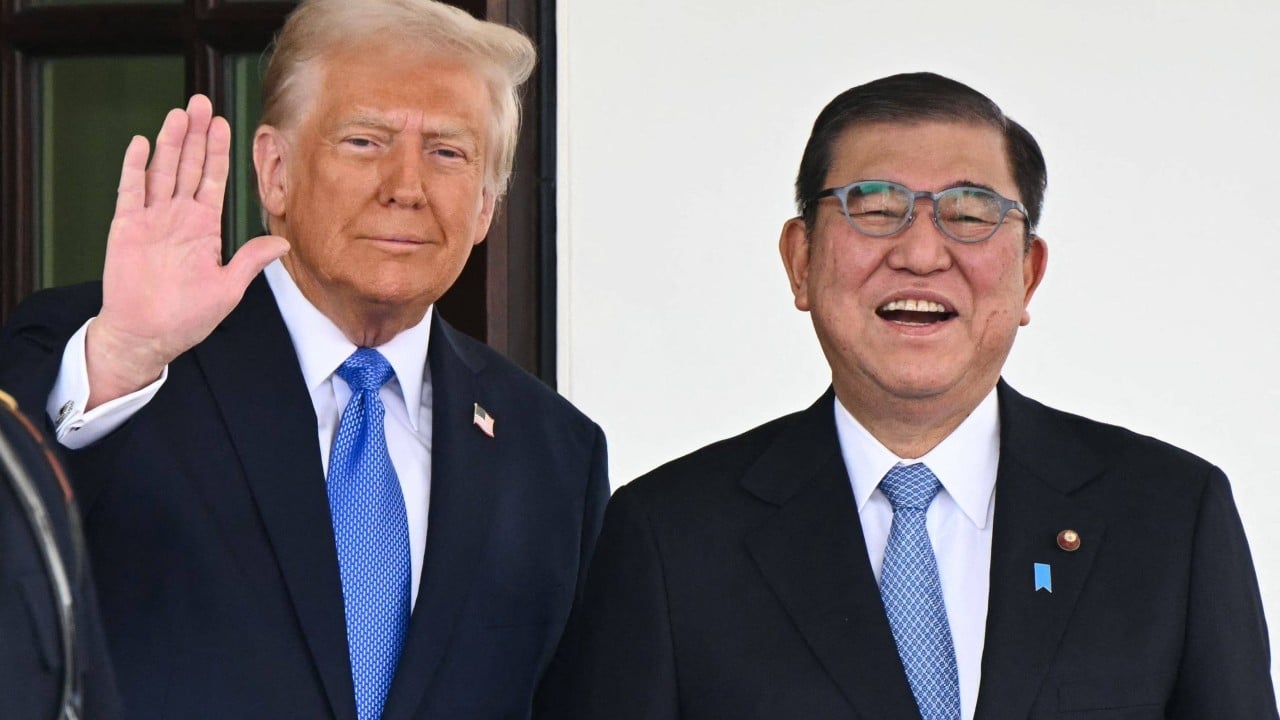A fresh trade deal between Washington and Tokyo, with Japan pledging investments in the US and opening up its long-protected agricultural sector in exchange for lower tariffs, underscores how even long-standing US allies are not shielded from President Donald Trump’s “America first” push to reshape the global trade paradigm, according to analysts.
Advertisement
By comparison, they said, China possesses greater bargaining power through its integral role in international value chains developed over the past few decades, with dominance in the realm of rare earths proving to be a big bargaining chip in its trade war with the United States.
Trump on Tuesday announced a trade framework with Japan that included a 15 per cent tariff on Japanese imports – down from a threatened 25 per cent – in return for a US$550 billion investment pledge from Tokyo, which analysts warned could trigger capital outflows from Japan. In addition, Japan will open its market to more trade, including trucks, rice and certain other agricultural products.
It “has been very clear that although allies deserve special considerations, they won’t get a free pass out of this”, said Alfredo Montufar-Helu, a senior China-based adviser to C-suites. “Not even key allies like the UK and Japan have been able to secure a complete reduction of tariffs, [and this] signals a fundamental shift in global trade dynamics, moving away from the pre-Trump 2.0 era.”
He said the shift was likely to result in a restructuring of trade relations and supply chains, as businesses aim to minimise costs and diversify risks.
Advertisement
“The US-Japan deal will put more pressure on other major Asia exporters to secure a better deal … Before August 1, there should be more deals struck with Asian exporters,” Kang Min-joo, a senior economist for South Korea and Japan at ING Economics, said in a note on Wednesday.

